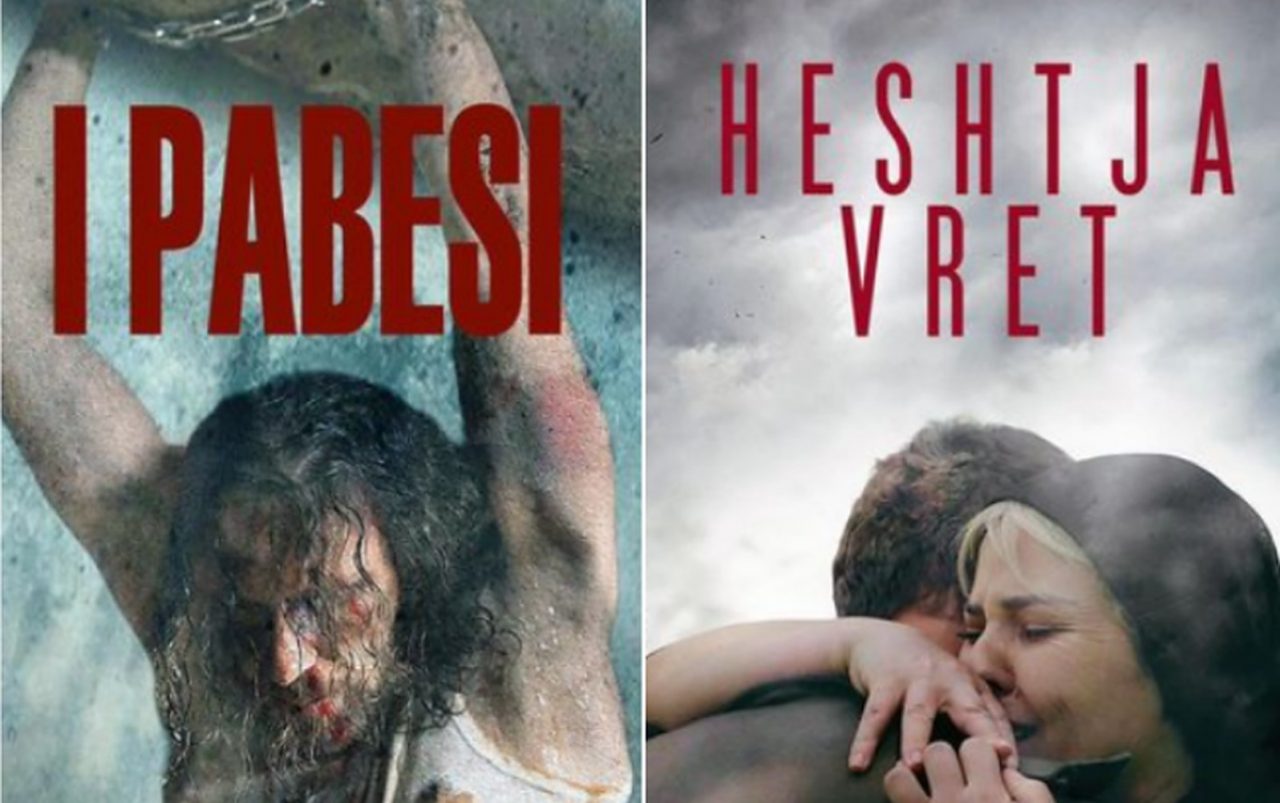

Film producer Gani Veseli says court ban on his films is a blow to the whole ethnic Albanian community in Serbia and to artistic freedom generally.
Serbian ethnic Albanian producer Gani Veseli, whose films are banned from showing in Serbia after a court decision, said Serbia is committing censorship and endangering the artistic freedom of the country’s ethnic Albanians, most of whom live in three municipalities in the south of Serbia, known as the Presevo Valley.
“I feel sorry for the artists because here, especially in the municipality of Presevo. A climate of silence, that I dare to say resembles a clinical death of art and culture, has been constantly created,” Veseli told BIRN.
“The problem is very big, especially for the citizens of the Presevo Valley, because this is a direct censorship of film and art,” Veseli added, explaining that he is not sure if he will appeal the court verdict, fearing he might not be able to afford the costs.
“I don’t think I will be able to make it alone,” he said, recalling that for two months he had dealt with the trial in the Vranje Higher Court and that if he decides to appeal the case in Nis, it will cost a lot of his time and money.
“I am convinced that any court in Serbia will make the same decision, but we need to go through these routes to be able to then go to the European Court of Human Rights in Strasbourg,” Veseli said.
He added also that he would need the support of the mayor of Bujanovac, where the film was supposed to be shown in early June, the one Albanian MP in Serbia’s parliament, and of the Kosovo government, which financed the films.
Nevzad Lutfiu, head of National Council of Albanians in Serbia, told BIRN that he had asked Kosovo PM Albin Kurti for the films to be premiered in Pristina, “and they were shown [there] at the beginning of August”.
He said he “will consult with the … Council for the opportunities to offer legal assistance in this matter, because usually, with disputes of the Council, we engage lawyers”.

On Monday, Serbia’s Vranje Higher Court banned Veseli’s short films “I Pabesi” (The Unfaithful)” and “Heshtja Vret” (Silence Kills). The films were planned to be shown at the House of Culture in Bujanovac on June 10. However, the evening before, the director of the House of Culture Jetmir Ismaili and Veseli himself were accompanied to the police station to be questioned.
Aleksandra Mladenovic, from Vranje Higher Court, told BIRN in written answer that the Chamber found that Prosecutor’s ban proposal “was well-founded and that the legal reasons prescribed by Article 28 of the Law on Cinematography are valid”.
Article 28 prohibits the circulation and public showing of any cinematographic work “that advocates or incites discrimination, hatred or violence against a person or group of persons because of their belonging or not belonging to a race, religion, nation, ethnic group, gender, because of their sexual orientation or any other personal properties”.
Veseli told BIRN the court made the ruling on I Pabesi because “the state comes out badly [in the film] … and it was evaluated that in this case it is a one-sided film”. The film shows a history of betrayal among best friends, ending in one of the friends being murdered by the other.
Heshtja Vret was banned conditionally, “until the fulfillment of the obligation by the author and producer of the film Gani Veselji to remove the sign ‘Republic of Kosovo’ from the opening and closing credits and highlight the mark in the film that the work is not recommended for persons under the age of 16”, according to the court decision.
Veseli claimed he was asked by the court to add the +16 label in the film, which he agreed to do. However, he refused to remove Republic of Kosovo symbols because Kosovo had financed the films.
In total Veseli has produced five films, with the fifth still in the making. He claims that none will be shown in Serbia “because all five have the Kosovo symbol”.
The court told BIRN that Trial Chamber “particularly valued” the findings and opinion of Film Center Serbia, but without details of its content. Veseli told BIRN that the court “did not add anything to the opinion of the Film Center of Serbia”.
“This is a heavy burden for the future because it is being required that the Ministry of Culture first see the films and decide whether they can be shown or not”. He added that this is concerning, as what starts with the censoring of films may evolve into censoring most of public life.
17 August 2023 - 16:41

A new movie about a rebellious teenage girl’s coming of age tells a ...

Politicians have joined figures from the arts and acting world in payi...

EU Delegation voices concern for freedom of expression after young men...

Court jails Aleksandar Vlajic for five years for conducting espionage ...